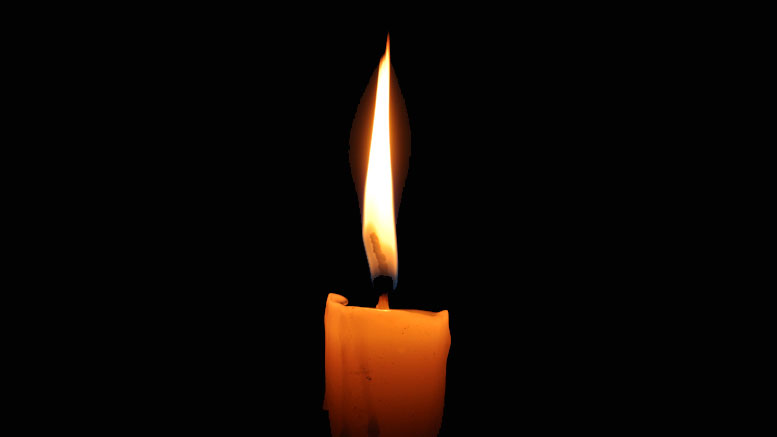Speaking to the General Synod in July 2023, after he and the other members of the Archbishops’ Council’s so-called “Independent” Safeguarding Board were unceremoniously sacked, Steve Reeves said: “When the church or the Archbishops’ Council talks about independence, they do not mean independence in the way that you and I and the average person on the street means independence.”
Yesterday, the Archbishops’ Council issued a press release with the heading: “Evaluation of independent survivor support service reports ‘positive impact’”. I’m not going to question the core of the press release – I have no experience of the helpline and no victim has told me of any problems with the provision of the service (other than a lack of capacity at peak times). But I do want to challenge the Archbishops’ Council use of language.
The problems begin with the headline: “Evaluation of independent survivor support service reports ‘positive impact’” and continues in the second sentence: “Safe Spaces, which launched in September 2020, is an independent advocacy and support service for victims and survivors of church-related abuse in the Catholic Church of England and Wales, the Church of England, and the Church in Wales.”
They also use the word “independent” to describe Rocket Science, the research and evaluation company that was commissioned to produce the evaluation report that the press release is about. And they not only use it once (in the fifth paragraph) but also in the nine paragraph, which is quotation from a group of un-named “trustees of Safe Spaces England and Wales”, who say: “As trustees, we are delighted that Rocket Science has produced a further annual review of the work of Safe Spaces. Their independent report highlights the progress made by First Light since taking over the contract in early 2023 and the support offered to victims and survivors.”
Who are these trustees? And why aren’t they named?
They are representatives of, and appointed by, the two of the three Churches which commissioned First Light to operate the Safe Spaces helpline: The Church of England, the Church in Wales, and the Catholic Church of England and Wales.
The trustees of Safe Spaces are:
- Church of England nominees
- The Right Revd Julie Anne Conalty
Bishop of Birkenhead
- Canon Dr James Herbert Harrison
Chair of the House of Laity and Member of the Archbishops’ Council
- The Right Revd Julie Anne Conalty
- Catholic Church of England and Wales nominees
- The Right Revd Paul James Mason
Bishop of the Forces
- Paul McCallum
Chief Operating Officer, Southwark Archdiocese
- The Right Revd Paul James Mason
The annual report of Safe Spaces England and Wales says that: “The charity is a joint venture between the Church of England (represented by the Archbishops’ Council (AC)) and the Catholic Church in England and Wales (represented by the Catholic Trust for England and Wales (CaTEW) each of which is a member and guarantor.”
It goes on to say: “The two members (the AC and CaTEW) each have a right to appoint up to two trustees. In addition, two independent trustees may be appointed. No such trustees have yet been appointed.”
That final point changed earlier this month (1 May) when vineyard owner, Paul Brook Langham was appointed as a trustee / director and “independent chair” of Safe Spaces. At the same time Craig Allen Jones Doy Russo, Operational manager for Humberside Police custody, was also appointed as a trustee / director.
Brook is the former sales and marketing director for Bible Society and a consultant to the Anglican mission agency Mission to Seafarers. Russo is Chair of York Diocese Survivor Working Group.
Which begs the question: Why does the Archbishops’ Council in its press release describe Safe Space England and Wales as “independent”. It clearly isn’t.
Let’s look briefly at the two Church of England trustees / directors:
The Bishop of Birkenhead, Julie Conalty, is the Church of England’s deputy lead bishop for safeguarding.
The chair of the House of Laity and member of the Archbishops’ Council, Dr James Harrison, is the spokesman put up by the Archbishops’ Council to answer questions related to safeguarding from Synod members (I use the word “answer” cautiously, as the answers provided rarely answer the questions).
Which all brings me back to the start: “When the church or the Archbishops’ Council talks about independence, they do not mean independence in the way that you and I and the average person on the street means independence.”
The Church of England needs to sort out its use of language.
Safe Spaces England and Wales is one of the few good things that the national Church does right in the area of safeguarding. So why damage that by lying about its status? Trust with victims and survivors will not, and cannot, be built on lies.

I’m surprised to hear there’s a York Diocese Survivor Working Group. I was a priest in the diocese until retirement, still live in it, and have been vocal for several years past about being a survivor – and hadn’t heard of it before. Just how are survivors being told of its existence? Who is invited to take part or give input? Are they approaching friendly voices only?
The Church of England published that Paul langham the chair of safe spaces has left his post as the chair it is rumoured that he has been abusive towards the very survivors of abuse he was supposedly entrusted to advocate for and support. After only 1 year in post it looks like there is a cover up among the directors of the abuse and he has been sacked or asked to leave.